Well it’s mid-December and we’ve been so busy figuring out our next steps with O’ts, we realize it’s already deep into the holiday season and we are behind schedule in writing the very first O’ts Blog Post!
We’ve done some traveling this month. Not a big surprise! We had the pleasure of experiencing a bit of how they celebrate Christmas in Milan, Italy. Not unlike the famous Rockefeller Center Christmas tree in NYC, in Milan they put up and decorate a big tree in the center of the city in the square outside the Duomo Cathedral. What makes this even more festive is the Christmas market that adjoins it where vendors sell holiday treats and gifts. You can stroll past brightly colored stalls where you can buy anything from a GIANT pretzel to a nutcracker or a pretty pottery mortar and pestle. Around the city, shop windows have special displays and buildings are lit up for the season.



We learned that the traditional Italian Christmas cake Panettone (or “panaton”) - hails from Milan. Even more interesting is that there’s a legend behind its origin. In the 15th century, the duke of Milan at the time, Ludovico II Moro was hosting a Christmas feast for local nobility. His chef burnt the dessert but one of his helpers Toni saved the day. He had already prepared something with what was available in the pantry - flour, butter, eggs, raisins and citron zest - and offered it up as an alternative. The guests loved the results and the dessert was given the name “L'è 'l pan del Toni,” which means “it’s Toni’s bread” and eventually became what we know today – Panettone.

It seems like December is a holiday month for so many cultures and religions. Christmas, Hanukkah
Kwanzaa, not to mention others that we’ve learned about recently as we’ve been doing some fun research on customs in other parts of the world. It’s amazing what we’ve learned.
Here’s a bunch of fun facts about some December holidays:
Christmas - Evergreens are used as “christmas” trees because ancient Egyptians and Romans decorated evergreen trees during the winter as a hopeful sign that spring would return.
Hanukkah - Is it Chanukah, Hanukkah, or Hanukkah….?! There are technically 14 (wow!) correct spellings of the holiday. Why? Because it is transliterated from Hebrew, meaning there is no set rule on how it should be spelled or pronounced. 5 years ago Chanukah was the most used spelling but since the “Ch” sound was confusing to many, Americans have migrated to using Hanukkah more frequently.
Kwanzaa - Kwanzaa means "first fruits" in Swahili, a language spoken in Africa, and refers to the joy and unity many Africans have when celebrating the harvest season. A big part of celebrating Kwanzaa is lighting a candle each night on the kinara (kee-NAH-ruh) holds seven candles. Each candle represents one of the seven principles of Kwanzaa.
Bodhi Day - This is celebrated annually on Dec 8th. Bodhi means enlightenment in Sanskrit and Pali and this day is said to be when Buddha Siddhartha experienced enlightenment when he sat under a peepal or “bodhi” tree until he found the origin of suffering and how to free himself and others from it.
Boxing Day - Despite the name, nobody throws a punch on this day, Dec 26th. The origin of “boxing” comes from Victorian times. The economically privileged would “box up” things they no longer needed and give them to the less fortunate. It was a day of rest for the working classes, a day to spend with their families.
Feast Day of our Lady of Guadalupe - Dec 12 marks the day almost 500 years ago when it is said that the Virgin Mary appeared to a man - Juan Diego- just outside Mexico City. She appeared to him several times to ask him to build a shrine in her honor. As a result, many make a pilgrimage to visit her shrine on this day.
Wishing everyone a very wonderful holiday season wherever and however you celebrate!
Yours in cookies,
Nina & Anna

